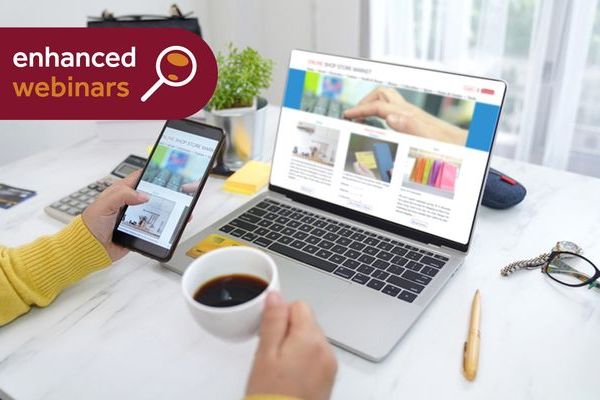Are you a good communicator? When was the last time you reviewed your communication skills? Or is it something you’re yet to do?
Effective communication, full stop, is central to your work and personal life. From a professional perspective, it can help boost your productivity levels, workplace relationships, and job satisfaction. This is due to the fact we all use communication to influence and motivate others, express our opinions, objectives and goals and give and receive feedback.
But we aren't all born with excellent communication skills, if only we were. They're something that's perfected over time, as we experience different situations and learn from others.
how to improve your communication skills
Do you want to polish up on your communication skills? Perhaps you're strong in some areas and lacking in others? These practical tips are designed to help:
do listen to others
Good communication isn't just about expressing yourself clearly. It also means being a good listener. Here are six ways you can improve your listening skills:
- Give the person you are talking to your undivided attention - try to get rid of anything that may distract you. If you find it difficult to concentrate on what somebody is saying, try repeating their words in your mind as they say them so that you stay focused. Try not to comment on, judge or trivialise what they're saying in your mind. Just listen!
- Allow the other person time to talk – without any interruptions. As mentioned in the point above, listen with respect and empathy. Practice empathic listening, in which you listen with the intent to understand, rather than simply waiting for your turn to talk.
- Watch for non-verbal communication – a person's tone of voice and how loudly or quietly they’re talking are signs you should pay attention to. They can, for instance, reveal how strongly someone feels about what they're saying, or give you clues about their personality or social/political inclinations. Also watch out for gestures and other physical forms of communication, such as facial expressions. These signs are just as important to tune into as what’s being said.
- Use positive body language - such as nodding, leaning in towards someone and maintaining eye contact. They all show you are fully engaged. Similarly, pay attention to the body language of the person you’re talking to. The non-verbal cues they give off will enable you to observe the emotions behind their words. For instance, whether they're happy, satisfied, angry, resentful, frustrated or indifferent. Try not to judge or react to this non-verbal communication, simply recognise it.
- Think about what you’re going to say beforehand – if necessary, tell the person you’re talking to that you're thinking about what they said. You may also want to make sure you've understood them correctly by asking questions and repeating what you think they've said before responding.
- Be as positive and appreciative as possible when you respond - there's nothing to be gained by being negative, even if you don't agree with what somebody else has said. Voice your opinion openly and honestly, without criticising the other person's viewpoint, and there's a good chance they'll give you the same respect you gave them when they were having their say.
don't ask the wrong types of questions
We ask questions, but not everybody pays careful attention to what we ask before we ask it. Understanding the role of different types of questions means you can influence and get the most out of conversations.
There are two main different types of questions:
1. Closed questions – that are usually answered with one word or extremely short responses.
For example: Will you….? Do you……? Is that agreed?
Closed questions are useful in conversations where you need to be assertive. For instance:
- Did the meeting take place?
- Do you have the agenda?
- Are we all agreed on the actions?
- Will you send me that document?
2. Open questions - are good for developing conversations and finding out more details
For example: When? Why? Which? How?
This style of questioning helps you encourage collaboration and participation. For instance:
- What happened at the event?
- Why did that happen?
- How do we move forward
With most workforces now set up to work from home, and many workplaces continuing to embrace these remote set-ups as we emerge from the pandemic, strong and effective communication is more essential than ever. As a result, open questions are extremely valuable for remote managers, who no longer have non-verbal and contextual cues to draw upon.
do be prepared for difficult conversations
Like it or not, we all have to have difficult conversations, both at home and at work. There is a right and a wrong way to tackle them, the strategy below is designed to help you make the best of the situation.
Difficult conversations - five-step strategy:
- Take a deep breath - this will give you time to separate action from reaction.
- Be open-minded - acknowledge what has happened non-judgementally.
- Prepare to have the conversation - consider any assumptions you might have and think about the message you want to get across and what the other person considers important.
- Co-operate - whether you’re apologising, confronting, discussing or giving feedback, a good starting point is what you both have in common. For example, ‘We both want to get this done on time.’
- Set objectives - re-commit to future actions, behaviours or changes.




